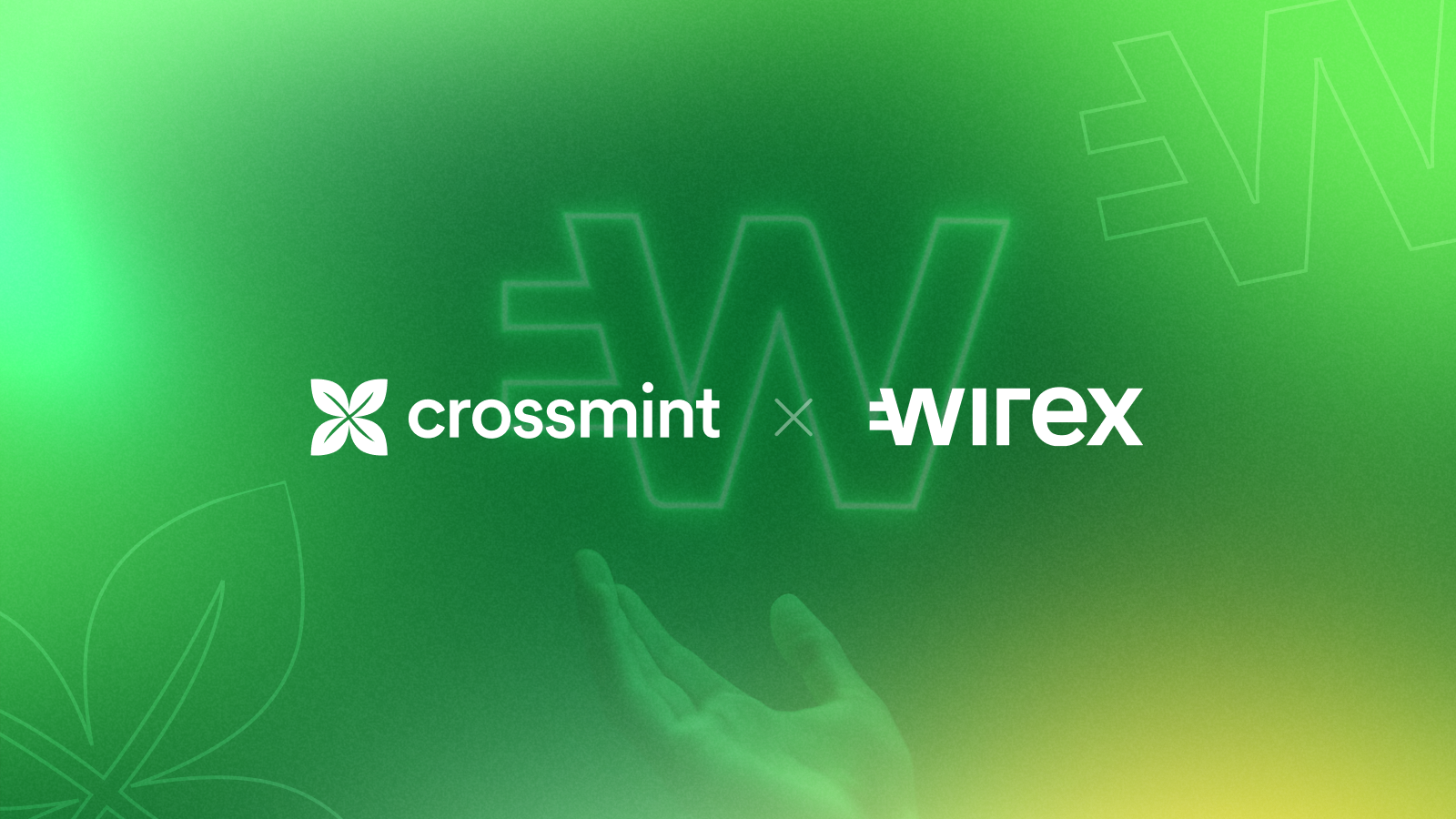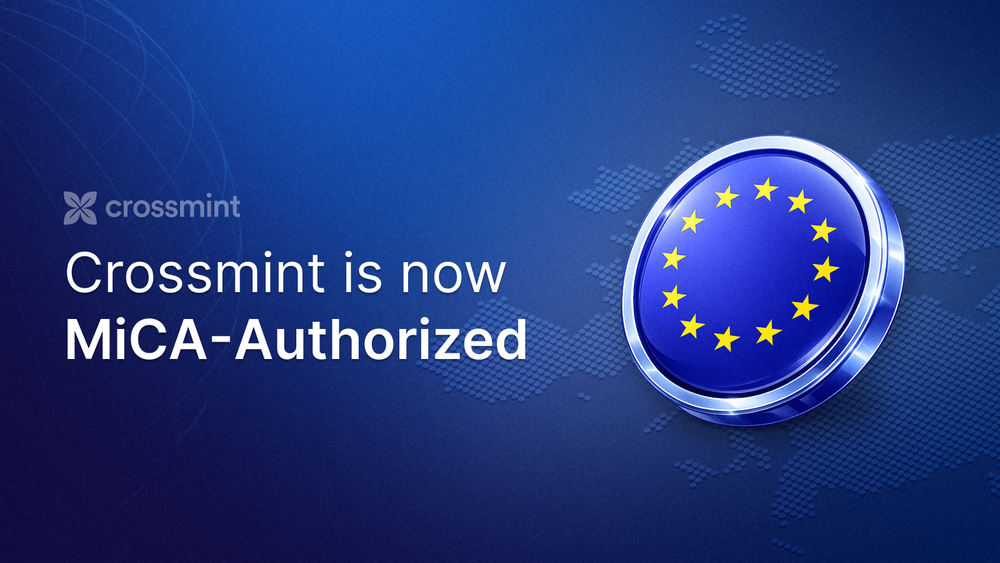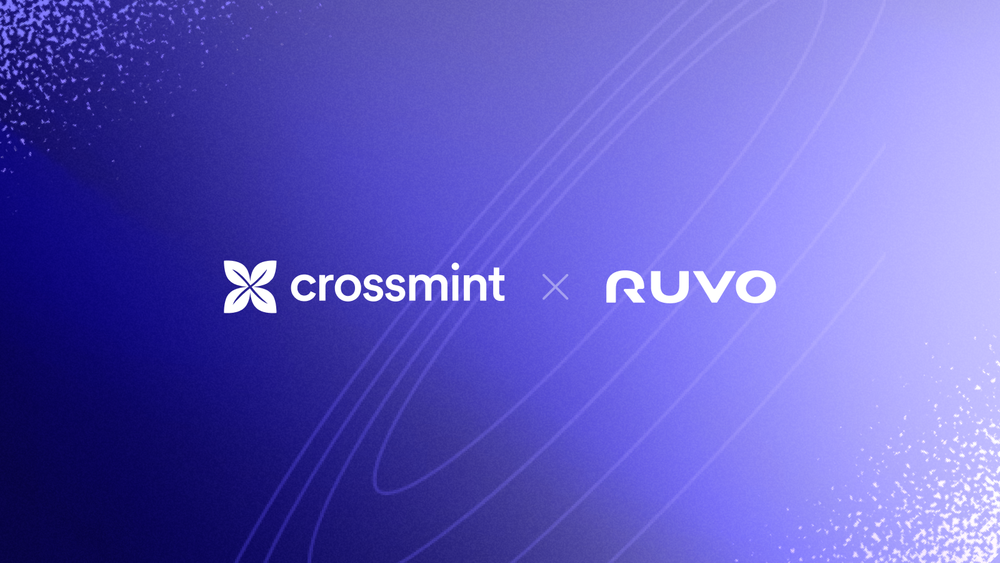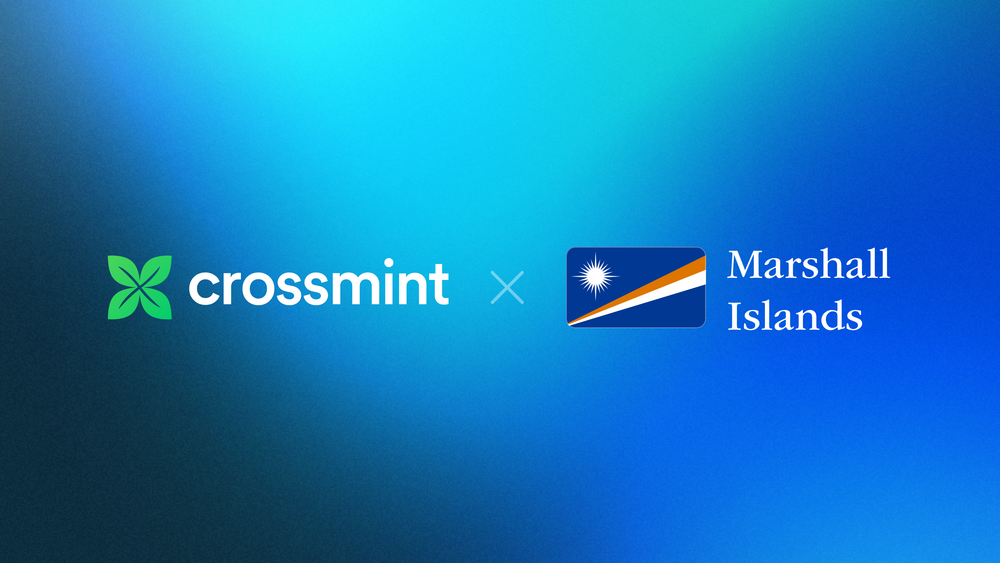About Wirex
Wirex is a UK-based digital payments platform with over 6 million customers across 130+ countries and more than $20B in transaction volume. It offers secure accounts, multi-currency support, and crypto-enabled cards that run on blockchain rails instead of fragmented regional banking stacks.
By building onchain, Wirex can:
- Operate globally without stitching together local banking partners in every market
- Reduce compliance overhead by remaining non-custodial where appropriate
- Tap into onchain primitives for yield, trading, and payments, and launch new products faster
To fully realize this vision, Wirex needed wallets that could function as programmable financial accounts—enforcing governance, policies, and controls directly onchain.
The Challenge: EOAs Couldn’t Support the Next Generation of Products
Wirex initially built on EOAs (Externally Owned Accounts). This worked for basic “hold and transfer” flows, but broke down as they expanded into institutional treasury and more advanced card programs.
EOAs created structural limits:
- Single point of failure: if the key is lost or compromised, the wallet is irrecoverable.
- Vendor lock-in: the wallet is inseparable from the key vendor’s infrastructure, making migration costly and risky.
- No native controls: authorization (multi-sig, roles) and transaction rules (limits, payouts, compliance) all had to be enforced offchain instead of at the wallet layer.
- No programmability: EOAs can’t embed onchain logic, limiting use cases that require custom behaviors such as delayed transactions (e.g., adding latency to card transactions to prevent network failures).
For a company operating at global scale, this became a bottleneck. Wirex needed infrastructure that:
- Embedded core safeguards at the wallet layer instead of relying on custom middleware
- Allowed custody models to evolve without requiring users to migrate wallets
- Delivered a modern fintech experience while still offering non-custodial guarantees
Why Crossmint Smart Wallets
Wirex evaluated multiple paths to “smart wallets,” including pairing an EOA vendor with a separate account abstraction provider. This added complexity—multiple SDKs, per-chain implementations, and missing enterprise features.
Crossmint offered a single, programmable wallet stack purpose-built for financial institutions.
Smart Contract Vaults, Not Static EOAs
Crossmint wallets are smart contract vaults that decouple the wallet from the underlying keys:
- The wallet address is stable and long-lived
- Different signers (API keys, TEEs, passkeys, external wallets…) can control the same vault
- Signers can be added, removed, or rotated via API without moving funds or changing addresses
This architecture lets Wirex design custodial and non-custodial models with the same API, and adapt per product, segment, or geography.
Unified Multichain Infrastructure and Vendor Consolidation
Wirex needed to operate across multiple chains—EVM networks, Solana, Stellar, and more—without rebuilding wallet logic or maintaining separate providers.
With Crossmint:
- A single integration powers wallets across 50+ chains, instead of custom code paths and SDKs per network
- Key management, account abstraction, and smart wallet logic are centralized in one platform
- Wirex can consolidate multiple wallet vendors into Crossmint, simplifying operations, monitoring, and governance
This reduces technical sprawl and makes it easier to launch new markets and products on whichever chain makes the most sense.
Governance, Compliance, and Security at the Wallet Layer
With Crossmint, governance is programmed directly into the wallet:
- Onchain governance: multi-sig approvals, role-based access, and velocity limits are enforced by the smart contract itself
- Programmable policies: Wirex can define transaction sizes, destinations, approvals, and delays—fully auditable onchain
- Modular features: gas sponsorship, session keys, and custom treasury workflows can be added as modules instead of bespoke middleware
This delivers bank-grade controls while preserving the benefits of non-custodial architecture where required.
No Vendor Lock-In and Flexible Custody
Because Crossmint decouples wallets from keys:
- Wirex can switch custody setups or infrastructure providers by rotating signers—without asking users to migrate assets
- Different signer types (custodial HSMs, TEEs, passkeys, external enterprise wallets) can coexist in the same system
- There is no single point of failure: compromised or outdated signers can be revoked and replaced at the contract level
Smart wallets become durable, long-term assets for Wirex, independent of any single key vendor.
Better UX and Faster Time to Market
Crossmint provides chain-agnostic, web2-style APIs and dashboards that don’t require in-house blockchain expertise:
- Wirex can launch new products and expand to new chains without re-architecting wallet logic
- Features like gas sponsorship and email/passkey-based access hide blockchain complexity from end users
- Teams focus on user-facing features, not bespoke wallet plumbing
A Wirex product lead summarized the impact:
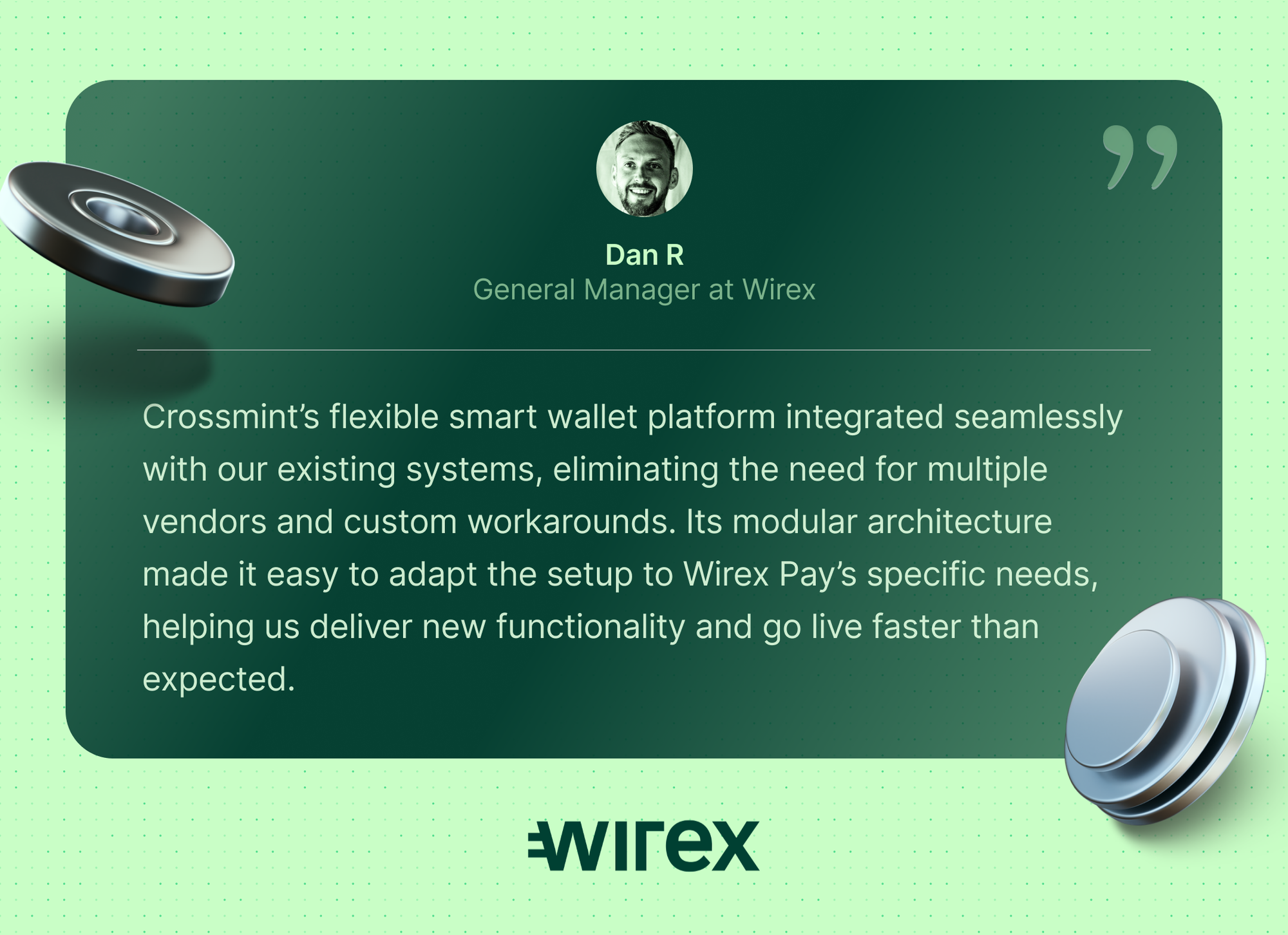
Impact
By standardizing on Crossmint smart wallets, Wirex has been able to:
- Consolidate wallet infrastructure and vendors into one programmable platform across multiple chains
- Launch new products and geographies faster, building on a consistent wallet and governance foundation
- Implement onchain, auditable governance and compliance controls that match institutional expectations
- Deliver a consumer-grade experience with email/passkey logins, gas-free transactions, and no need for users to manage raw keys
Looking Ahead
Wirex sees Crossmint smart wallets as the long-term wallet backbone for both its retail and institutional offerings. With smart wallets as the common layer, Wirex can:
- Enter new markets and deploy on new chains without reworking wallet architecture
- Experiment with new financial products—including card programs, yield, and subscriptions—on a shared governance and compliance base
- Evolve custody and security models over time without disrupting users or migrating assets
Wirex’s shift from static EOAs to programmable smart wallets reflects a broader trend in finance: wallets are no longer just keypairs, but programmable accounts that underpin the next generation of onchain banking. Crossmint provides the smart wallet infrastructure; Wirex builds the future of financial services on top.




